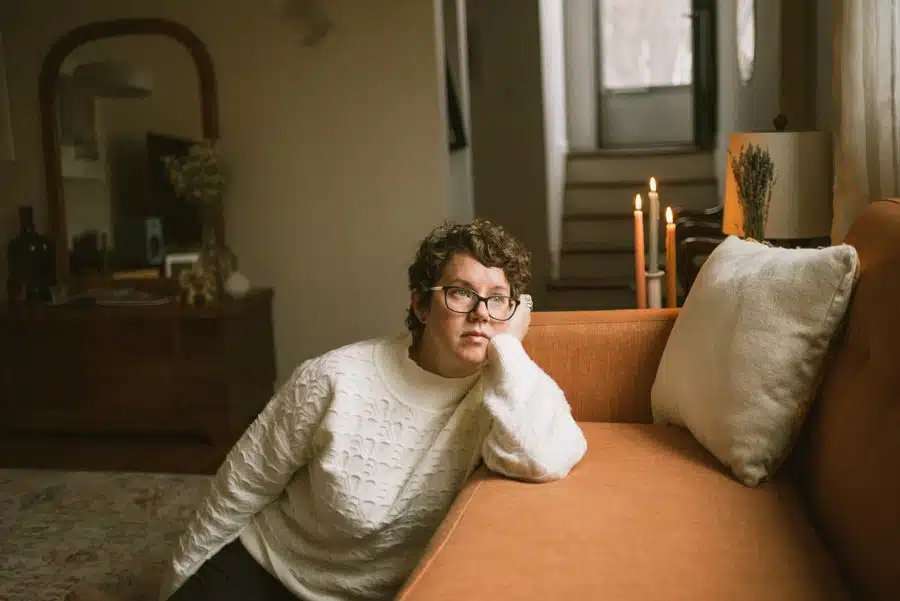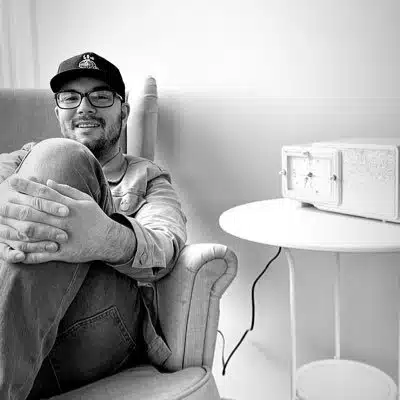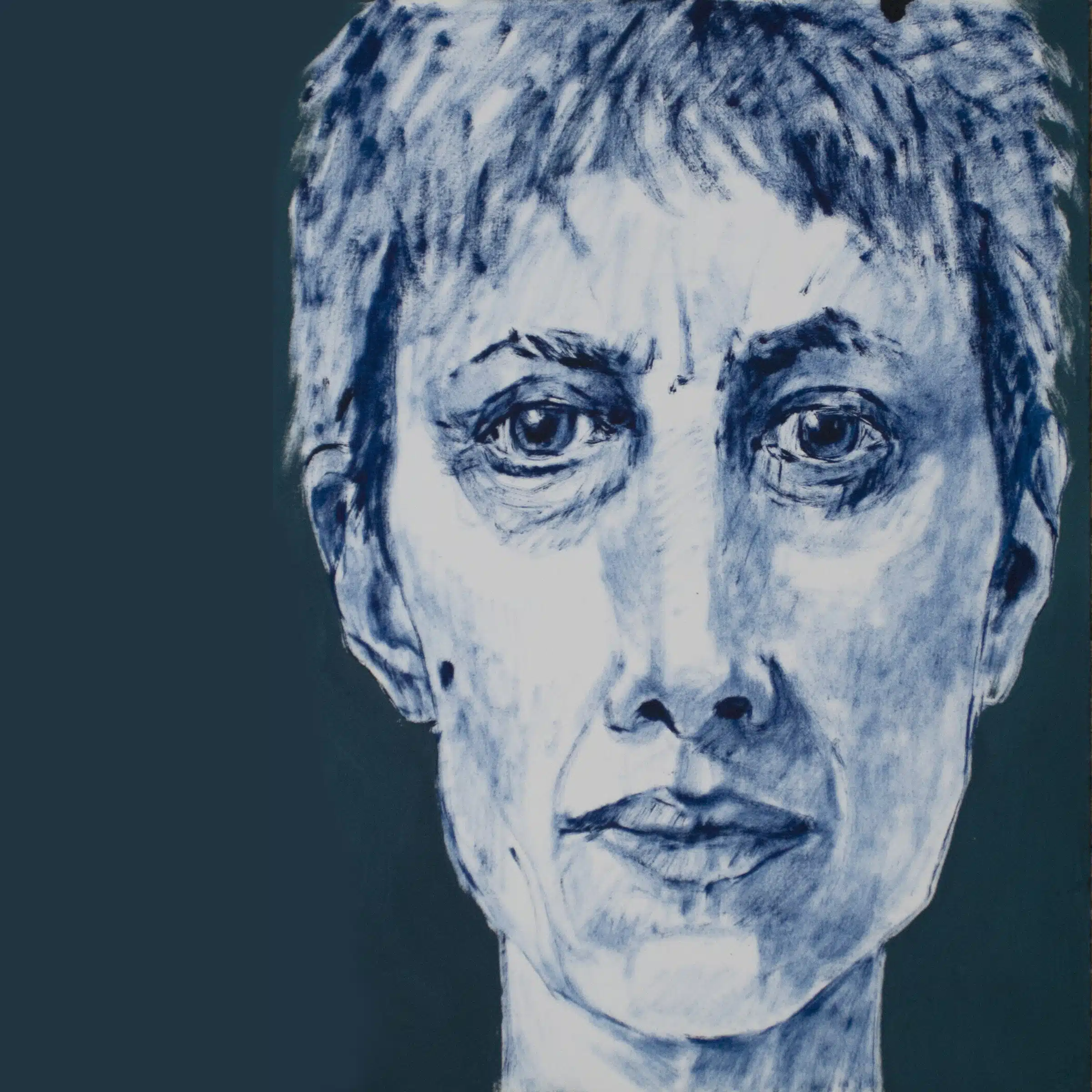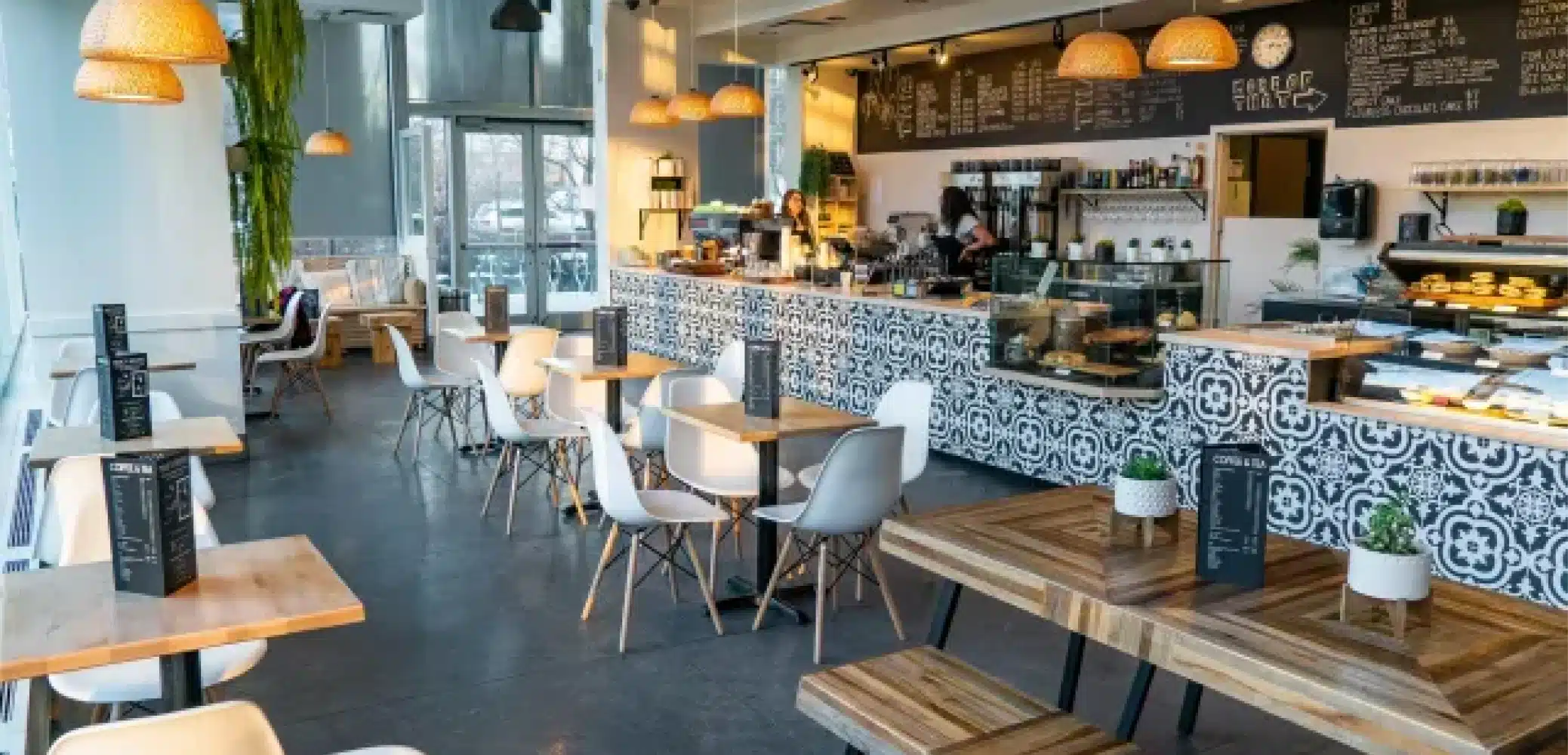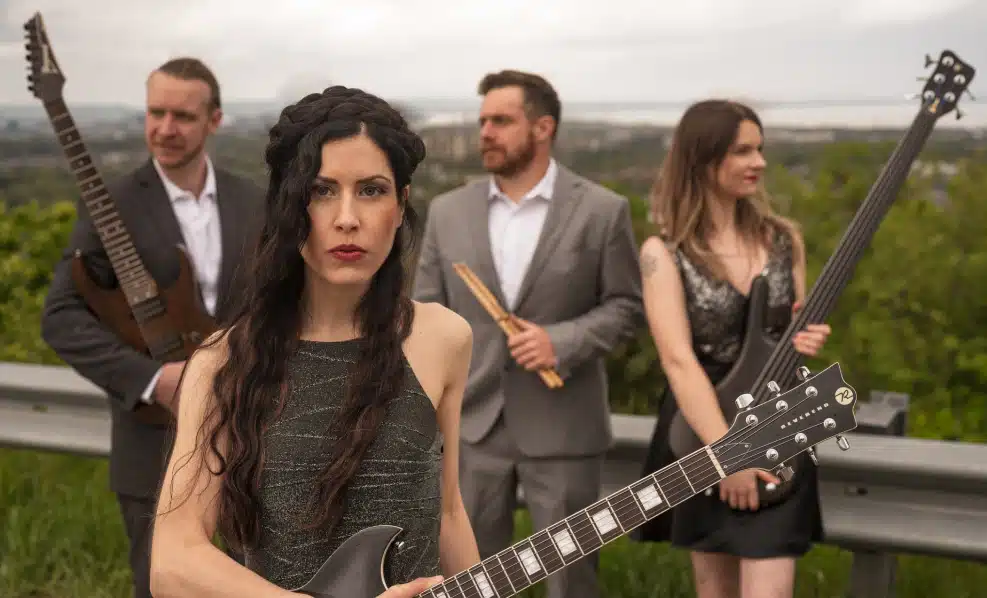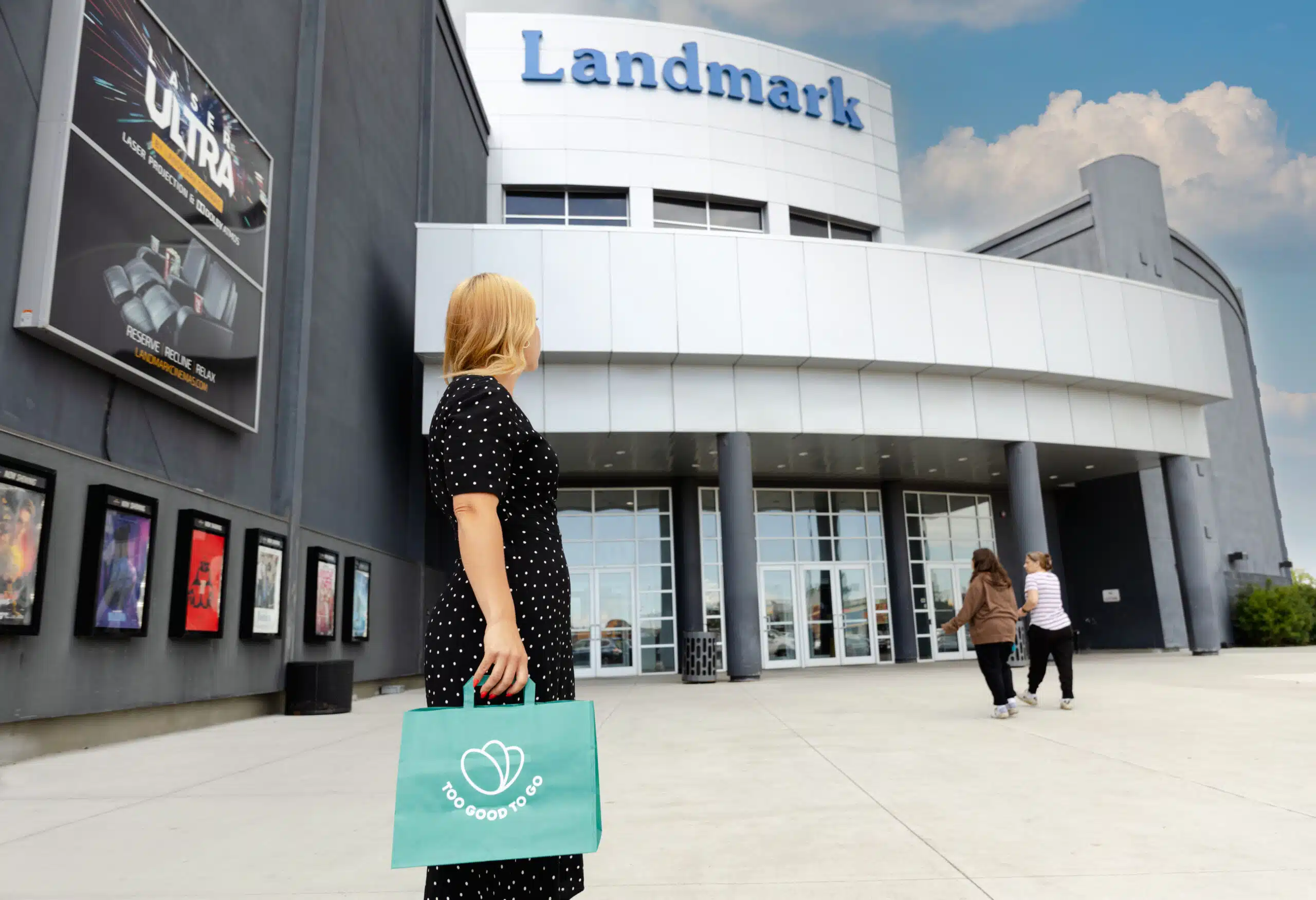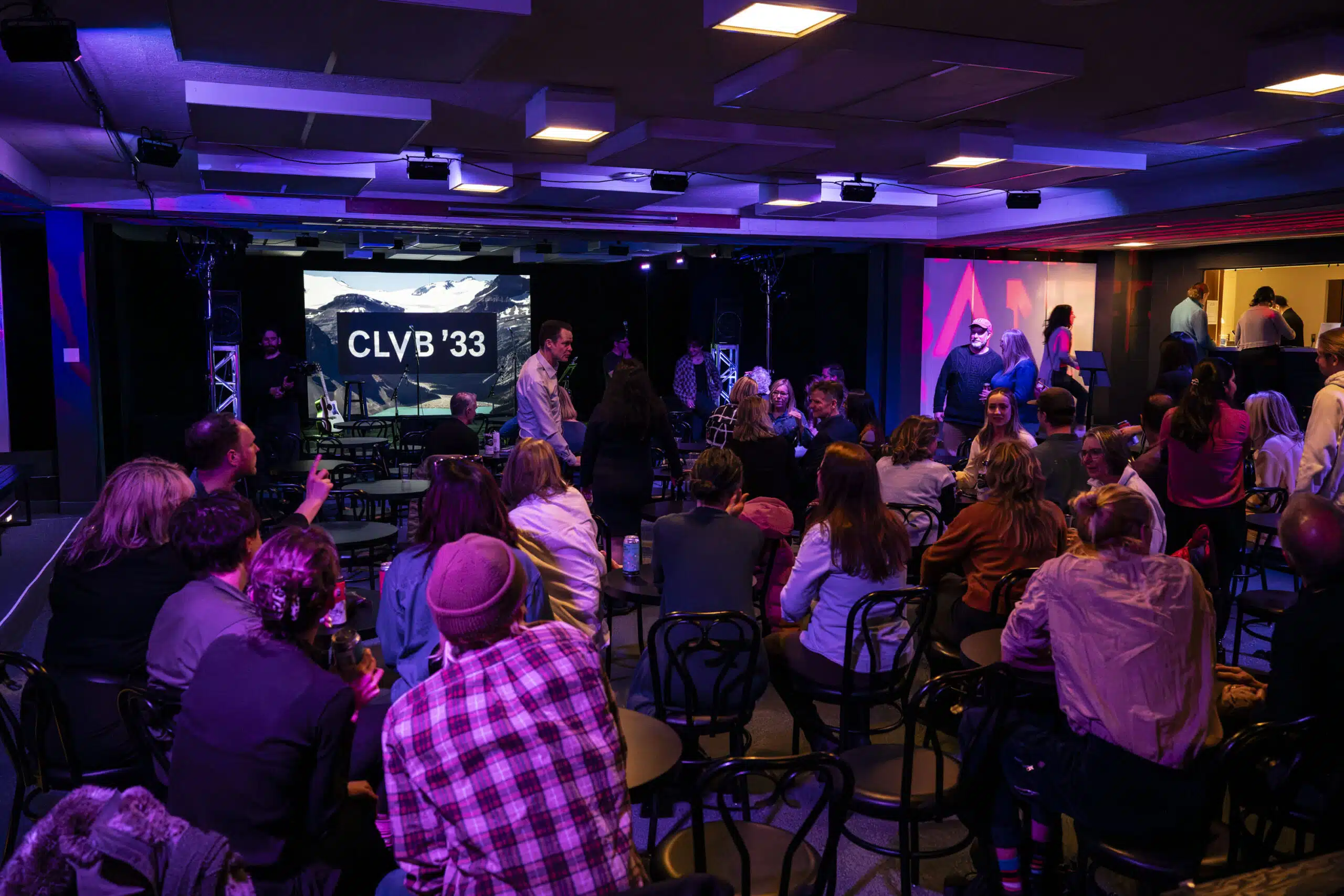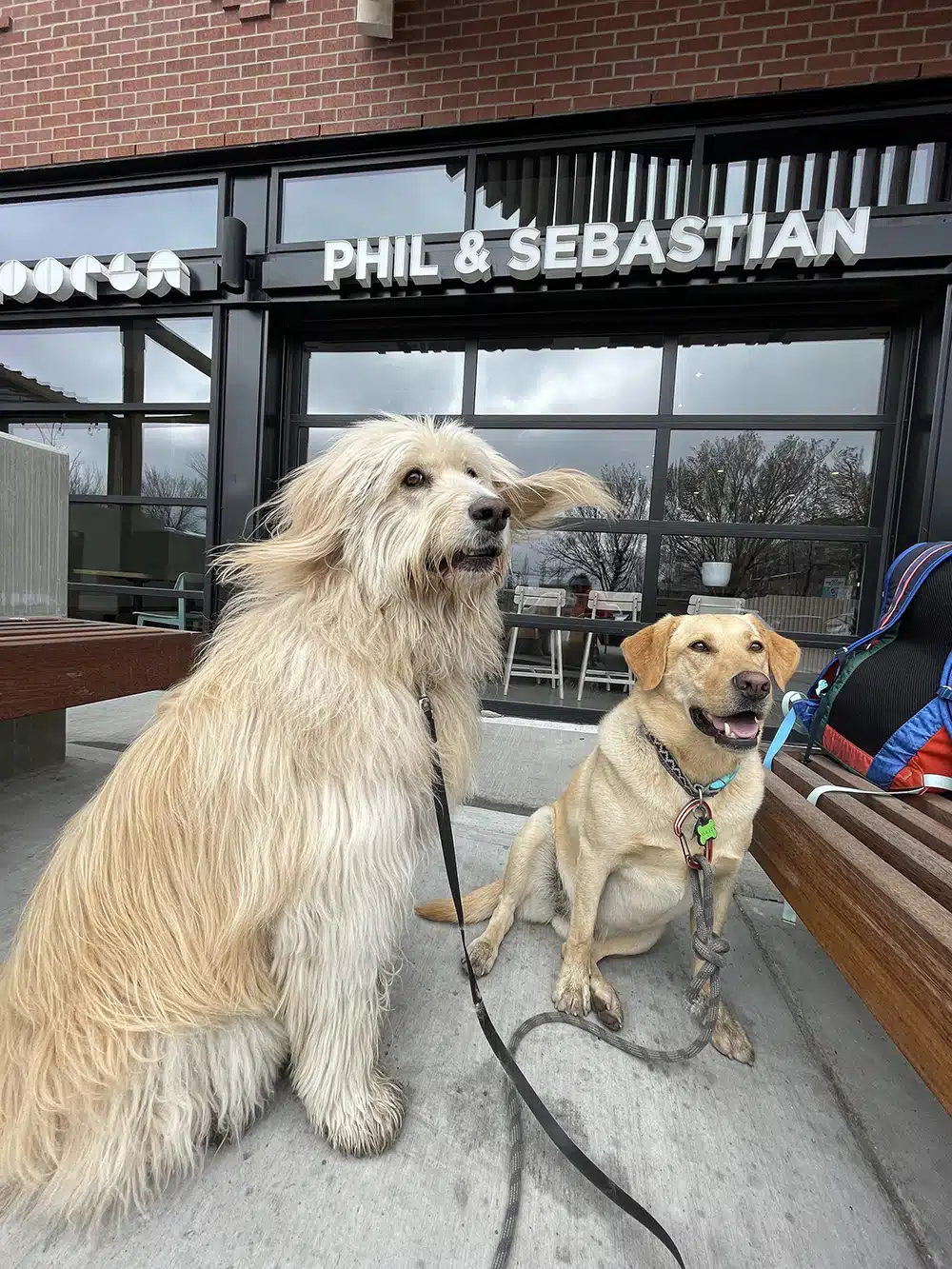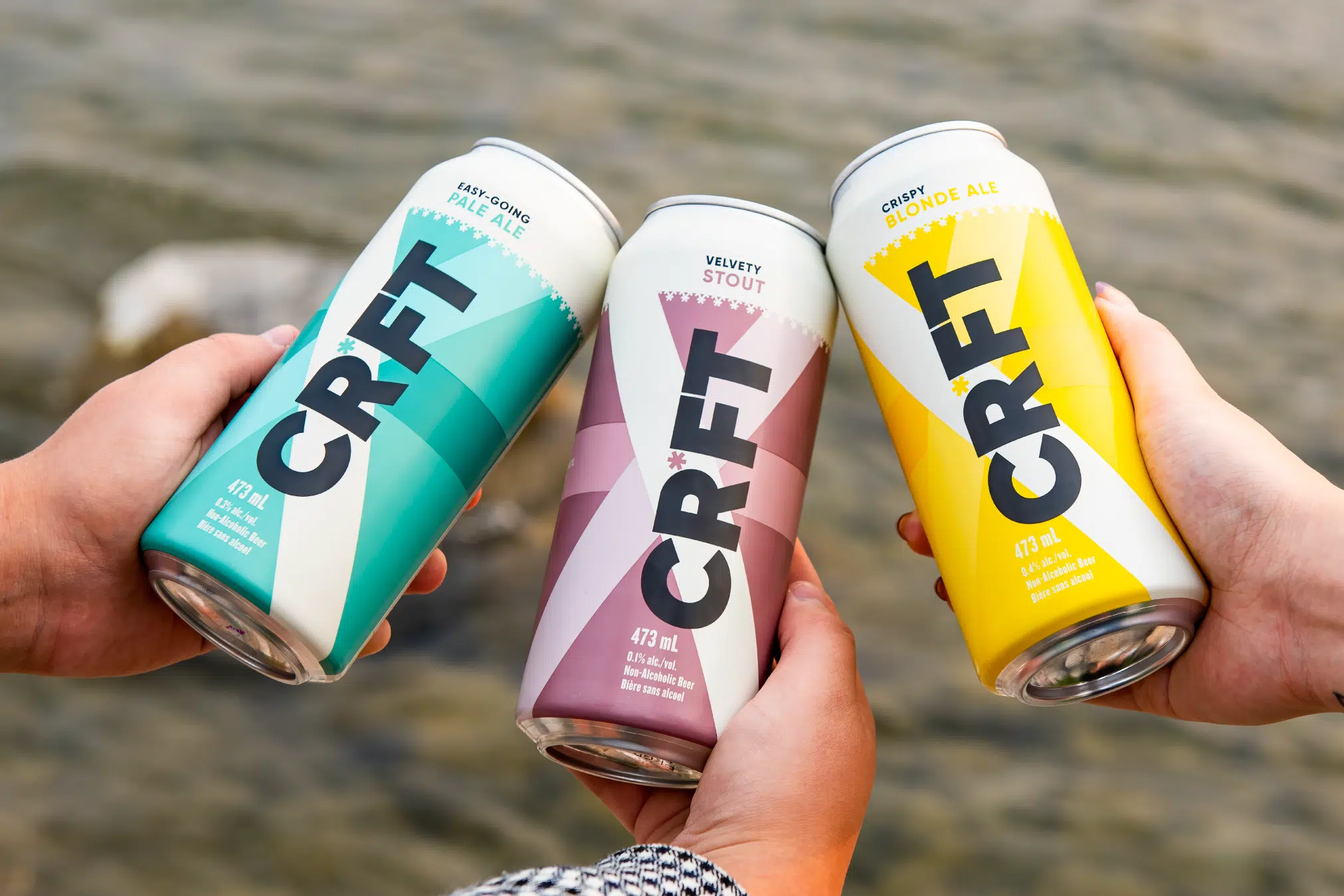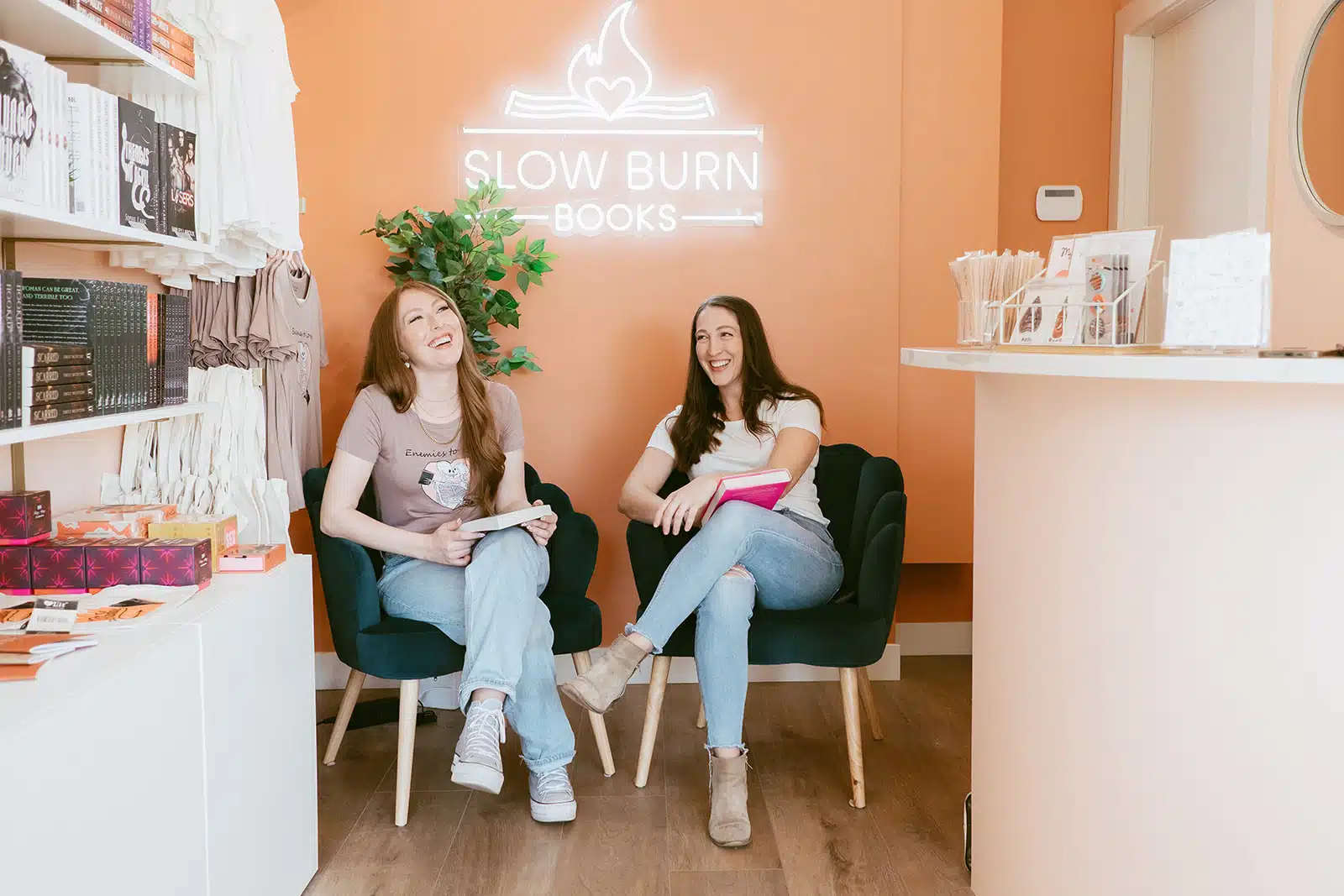We spoke with several prominent queer Calgarians to reflect on Calgary Pride and what it means to be queer in Alberta today.
These quotes are edited for length and clarity.
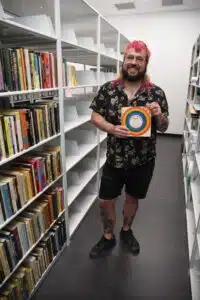
Sydney Morrissette
“We need to be visible. I would go to the Calgary Pride parade before I was out, and it felt good to go there. To a lot of people, [the parade] could be their first experience of seeing queer joy. There’s so much queer trauma, so it’s important to celebrate that stuff. In Alberta, we will always have to fight, so I publicly put myself out there because people putting themselves out there made me accept myself.” Morrissette is a gender-fluid musician and student in Calgary. They are currently working at Mount Royal University archiving Canadian queer history artifacts donated by Dr. David Aveline.
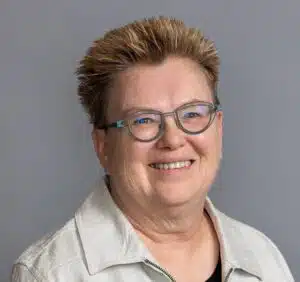
Pam Krause
“Seeing lots of people celebrating Pride…. There’s nothing like it. It’s awesome. But are we thinking about the people in the countries who get killed for who they are? Human rights matter, but as we’re seeing in Alberta, it’s not holding up in people being supported through government legislation. So, I feel it’s good that Pride has grown, but something does get lost. I think the sort of ‘corporate’ look has made some of us feel like it’s two things at the same time.” Krause is the president and CEO of the Calgary Centre for Sexuality. She has been involved in queer activism in Calgary since 1992 and has worked with the centre since 2001.
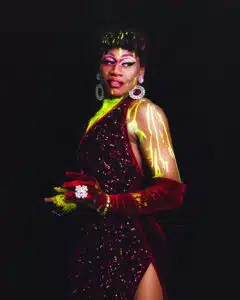
Dayna Hart
“In Calgary, across the entire queer community and during Pride, we are very diverse in our arts. When it comes to our drag, we have dancing divas like myself, alternative drag, grungy drag, scary drag; we’re just very diverse in that sense of level of drag. Being in a controversial city with our current government system, we are fighting for our lives to ensure that our drag stays alive. It’s really hard.” Dayna has been a drag performer in Calgary since 2018. Their drag mother is Stephanie Prince, and they were a finalist for Alberta’s Next Drag Superstar in 2018 and 2022.

Mason Jenkins
“We are in danger, and that’s what makes Pride so much more significant in Calgary. I don’t want to say that Calgary Pride is not safe, but you still experience some of that fringe extremism from hate groups. To paraphrase Margaret Killjoy, ‘Whatever killed your transgender friends, we owe it to them to destroy whatever caused their suffering.’ It’s Pride because we still need to have pride.” Jenkins is a transgender artist and performer based in Calgary. He is a tattoo artist at Blackbird Electric, plays music with The Corey Hotline, and performs burlesque as Tomboy Selleck.

Todd Hirsch
“I think Calgary’s queer community and the Pride Parade surprises itself sometimes. Even progressive-minded people like myself still tend to view Calgary as a conservative city. So when there’s 80,000 people out on a crappy day in September to celebrate Pride, we’re caught off-guard. We’re not as conservative as we think.” Todd is an economist, public speaker, and author. He was the chief economist for ATB Financial for 25 years and was awarded Queen Elizabeth II’s Diamond Jubilee Medal in 2012.

Domingo Lumanog
“Pride is about representation and can be where people find belongingness. I’ve been here for 19 years, and when you find terminologies like ‘Calgary Pride,’ ‘City of Calgary,’ or ‘the LGBTQIA2S+ community,’ you have a sense of refuge. It’s really important that Calgary Pride maintains the integrity of being part of the community as an organization and continues efforts of representation.” Lumanog is a member of Calgary Police Service’s Gender & Sexual Diversity advisory board and has worked as a stylist for years. He currently works with Berlitz Language School.
Bea Lissima
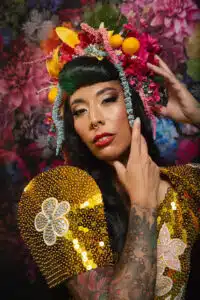
“Our art is often informed by the oppression that we feel within this province and our day-to-day experience as queer people in Alberta. We tend to have fewer safe spaces where we can be ourselves and be safe in our practice. I do see Calgary Pride trying to make changes because we need more opportunities for racialized queer folks, and that makes me really happy.” For 17 years, Bea Lissima has been infusing burlesque performance with intersex queerness and her Filipino heritage. She co-produces the show G-String and mentors BIPOC burlesque artists.

